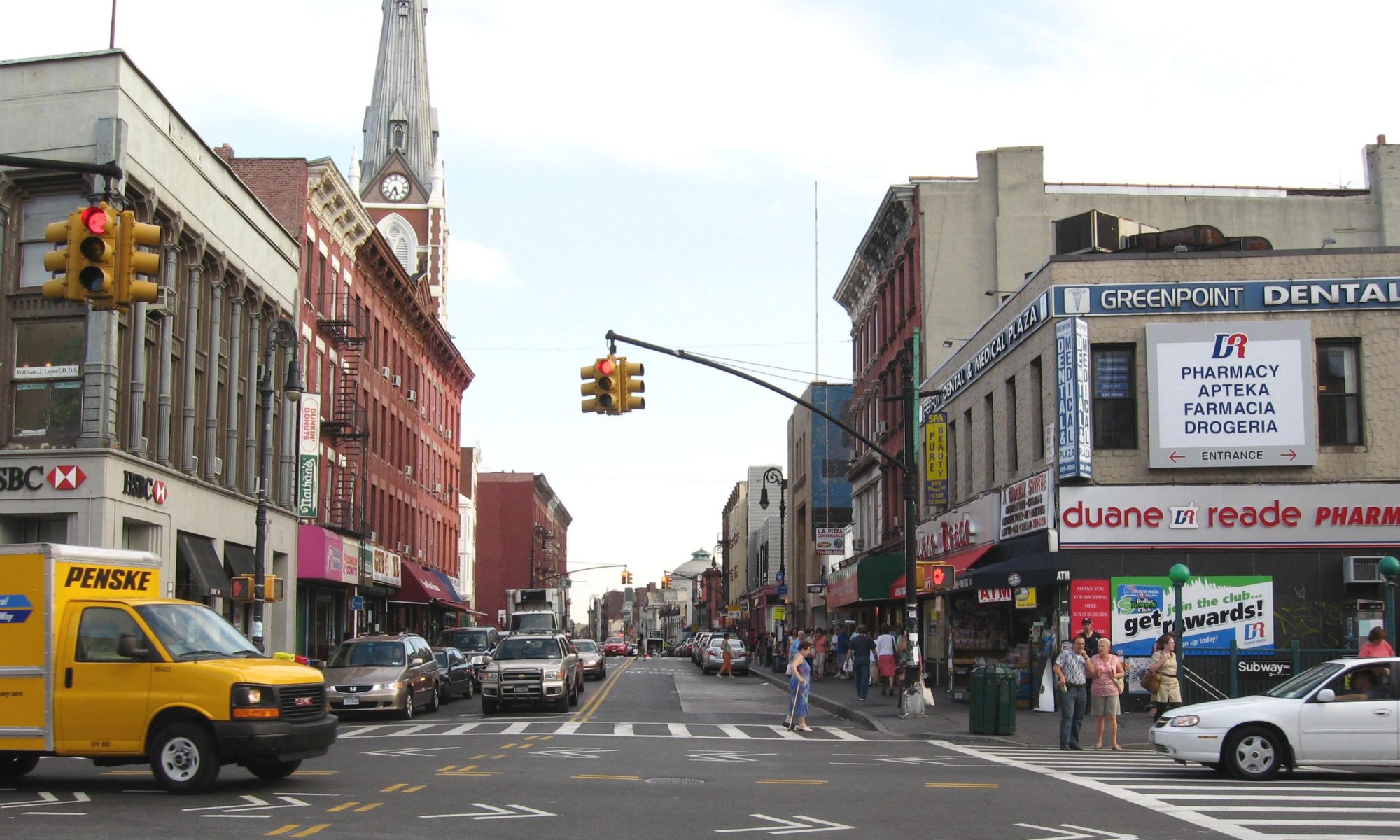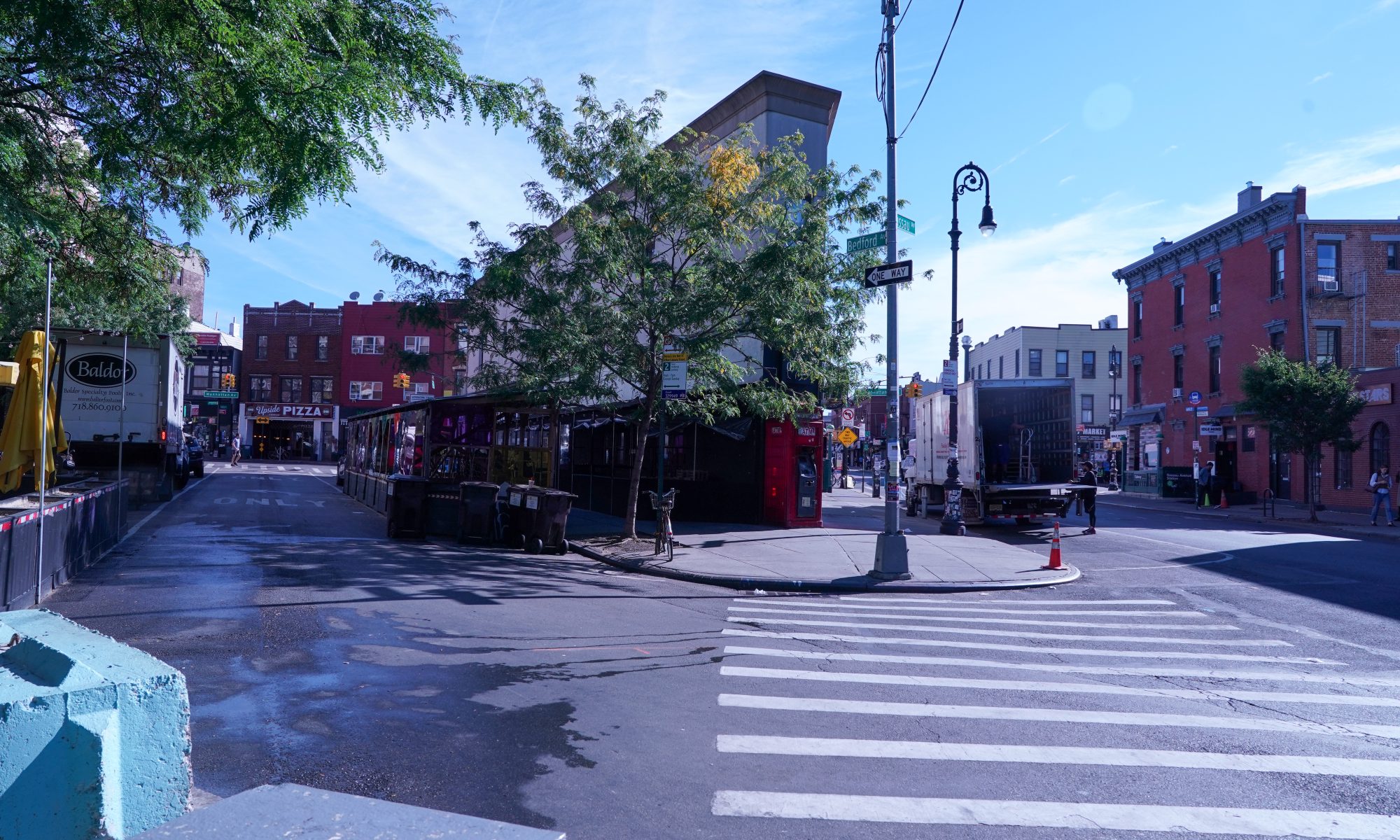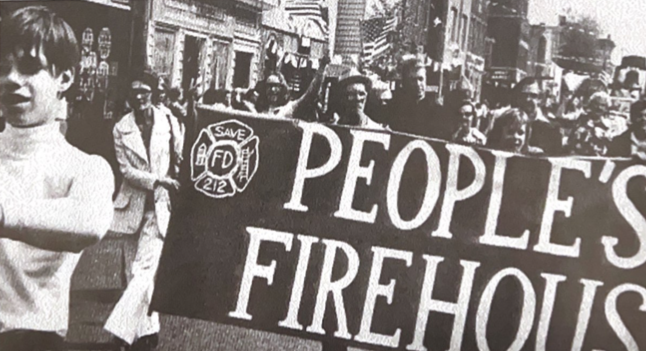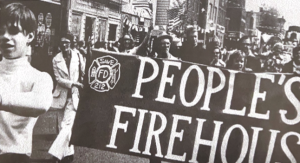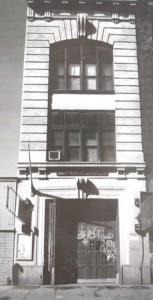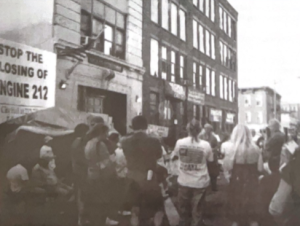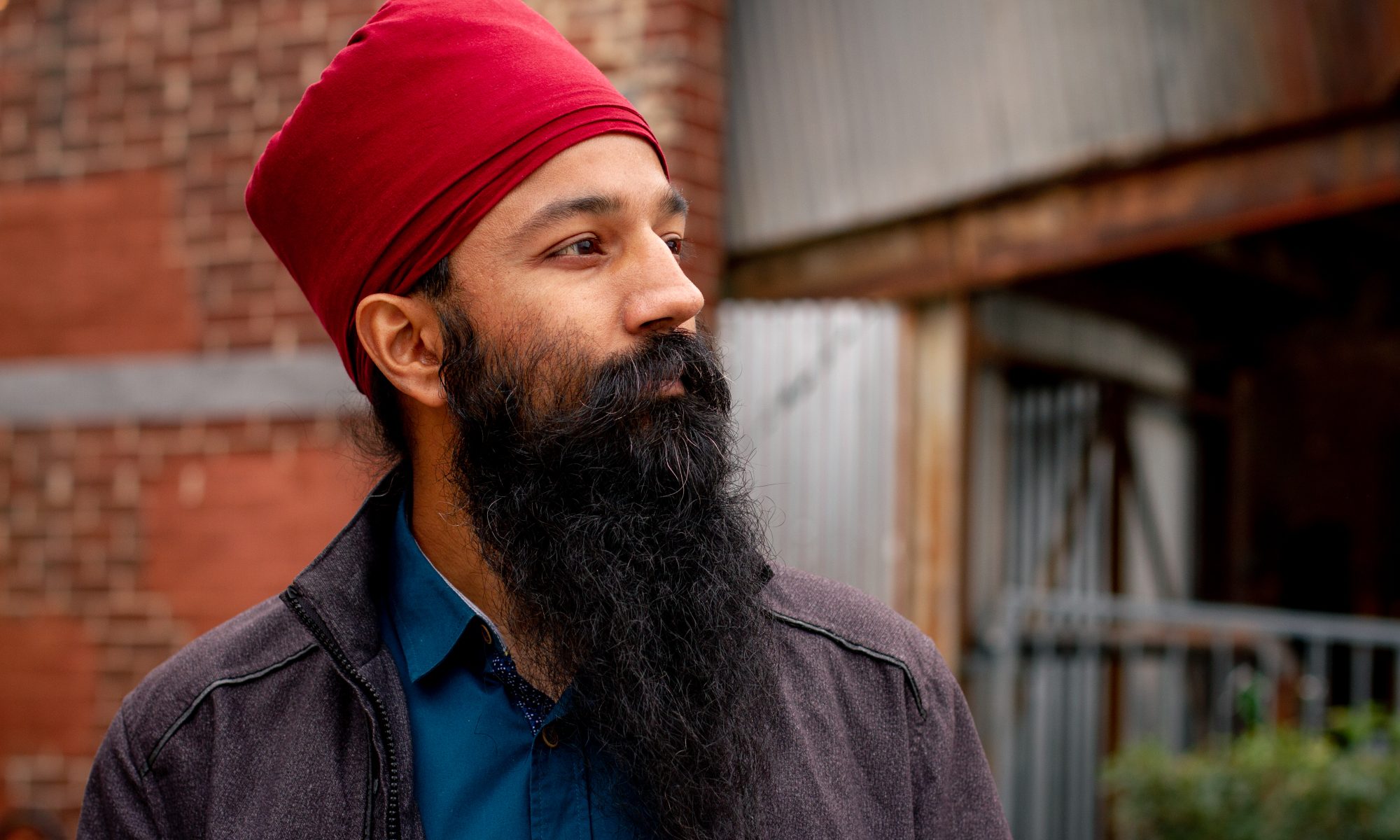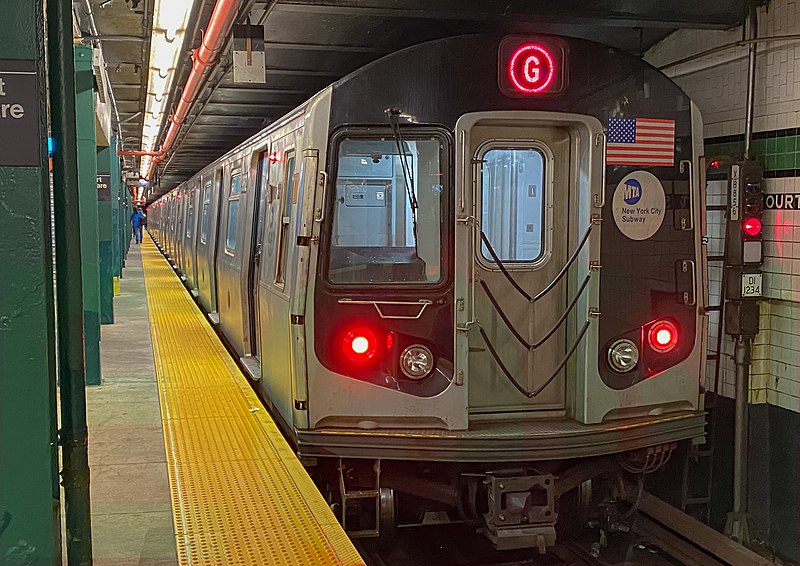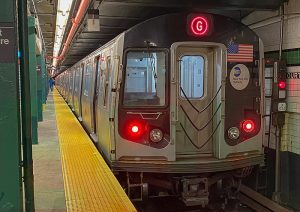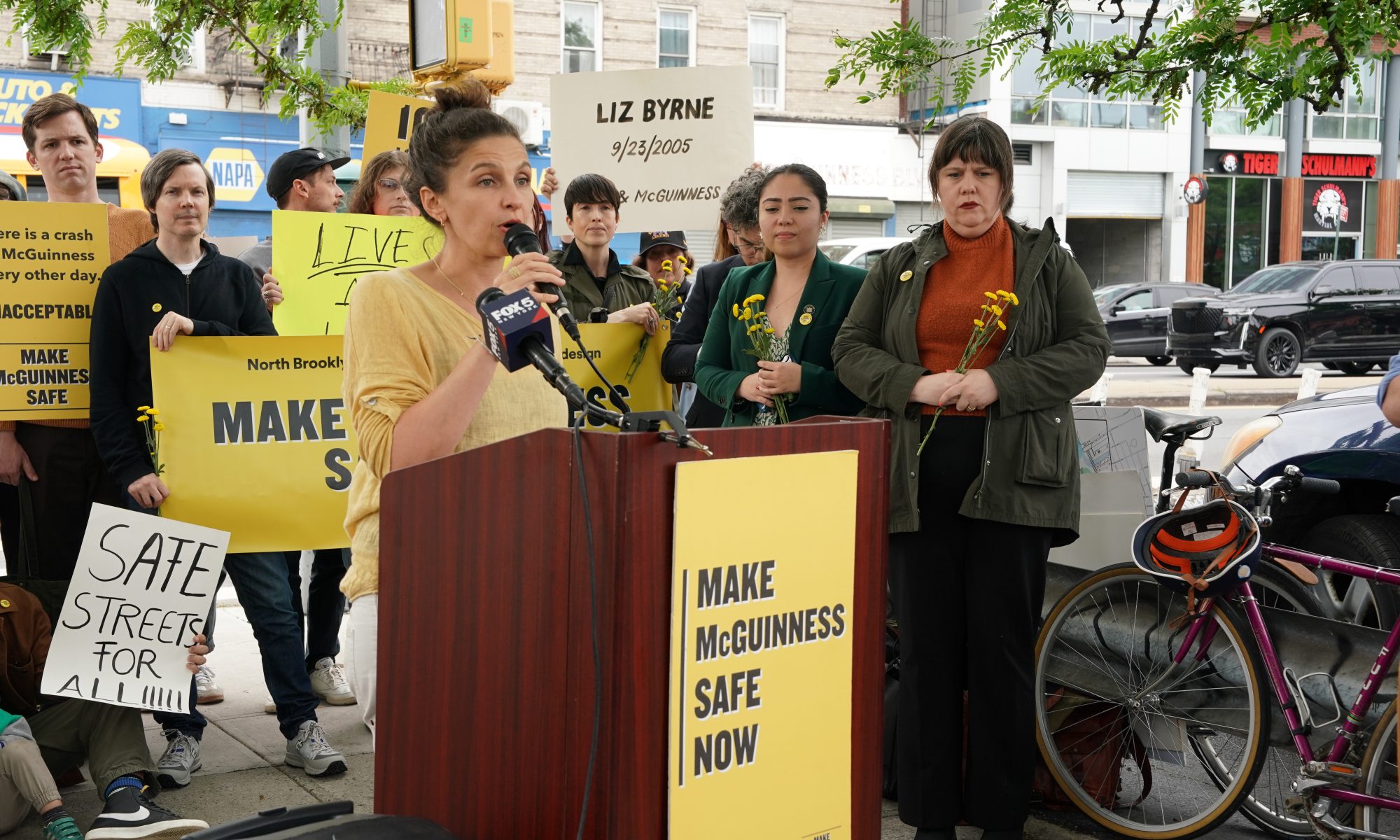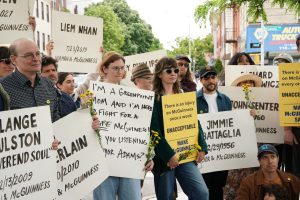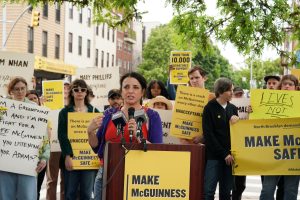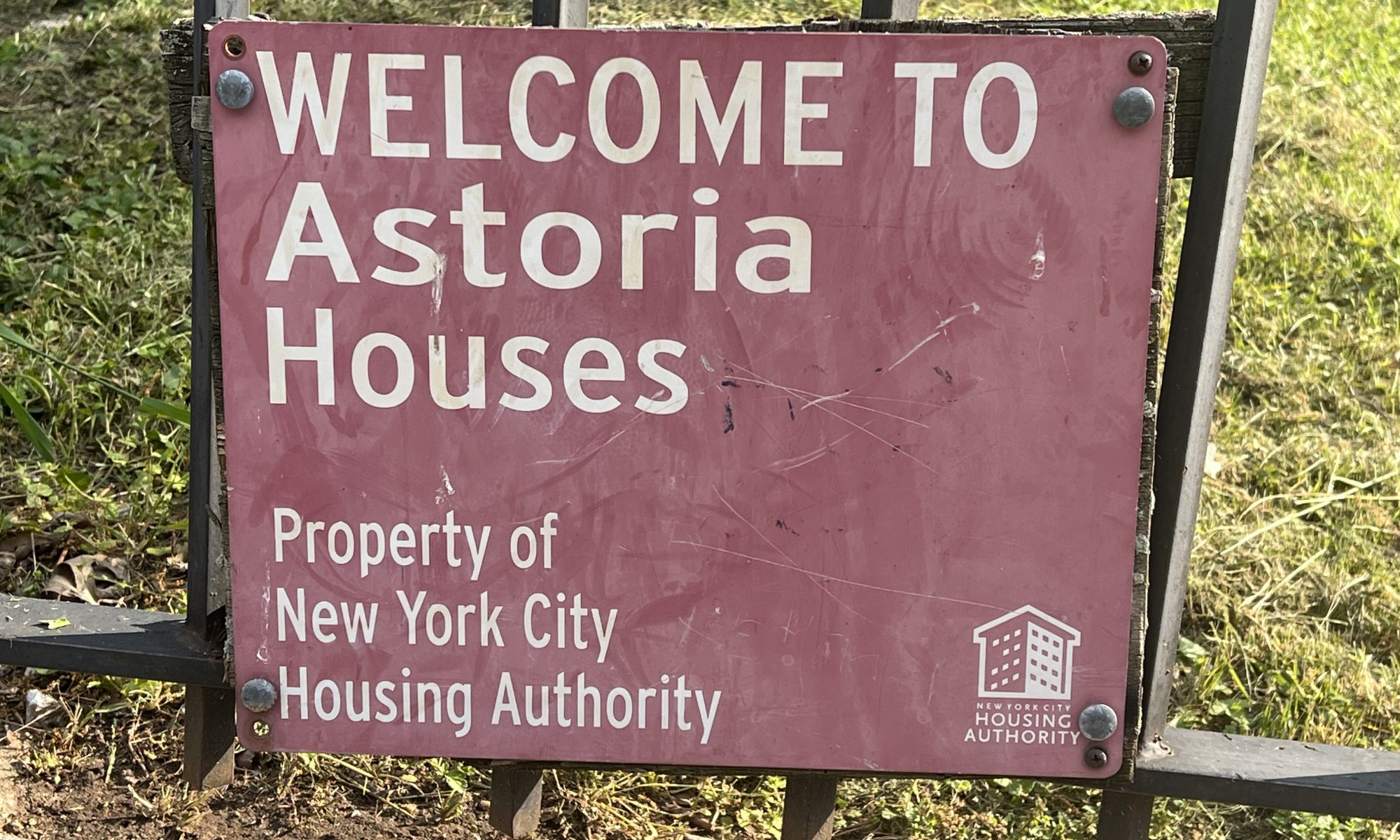By Jean Brannum | jbrannum@queensledger.com
An application to the Department of Transportation has triggered debate among business owners, street safety advocates, community members, and nonprofits about whether to turn the Bedford Slip, into an open street on weekends.
The North Brooklyn Park Alliance, a non-profit organization that manages parks in the community district, applied to manage the Bedford Slip as an open street for Fall 2024 per request from the Department of Transportation, which is a 100-foot street near the intersection of Nassau Ave, Bedford Ave, and Lorimer St. The slip became a temporary plaza when the G Train was shut down for six months over the Summer.
The temporary plaza received mixed reviews from people who spent time in the street and the eleven businesses on it. While some said they wanted the slip to become a 24/7 plaza, a weekend open street is the only decision the DOT is considering.
During the six-week shutdown, the North Brooklyn Parks Alliance managed the slip, including installing tables and chairs, managing weekend vendors, and sanitation services. The Parks Alliance applied for the weekend closure at the DOT’s request for the Fall 2024 Open Streets program. The DOT makes the final decision on the Bedford Slip and other Open Streets applications based on information gathered during a review period, according to Katie Denny Horowitz, Executive Director of the North Brooklyn Parks Alliance.
Businesses Push Back
This debate heated up at two Community Board 1 meetings where several members of the public spoke for and against the slip. One of those places was Awoke Vintage. Owner Rachel Despeaux spoke to the board about how the 6-week closure caused her store to lose business. She said the shutdown diverted customers from window shopping and was worried that she would have to move her business if there is a weekend shutdown, which is her busiest time.
“Why would I willingly pay rent to have a street removed, have my sidewalks essentially removed, and people rerouted into the street?”
Despeux noted that all 11 businesses at the DOT meeting were against the slip. This was repeated by Mignar Tsering, owner of ID Menswear.
Tsering said he was always against the shutdown, even on weekends. He said business was down about 40% during the full-time shutdown. The lack of car access also hindered deliveries. Tsering said on weekends, he has to carry stock into his store, which includes heavy candle-making supplies and candles. He said parking is already an issue in the area and carrying supplies in would difficult.
Tsering also said that when the slip was pedestrian-only, street vendors would set up shop directly in front of his store, which led to a further loss of business. Tsering also said he did not see many people use the slip during the G-train shutdown.
“Every day we were there, and we hardly saw anybody using it, just a few people that were using other delivery guys,” Tsering, whose store is open seven days a week, said.
Lediona and Elona Zharku, who own Tired Thrift, wrote a letter to Councilmember Lincoln Restler expressing their opposition to the shutdown. The Zharku’s said that they pay rent specifically for a storefront with high foot traffic and that the closed slip diverted people from the storefront. A 2019 study from the DOT shows the slip area has one of the highest pedestrian volumes in Brooklyn at around 2,000 people. They also said they hardly saw anyone use the slip and saw more people using McCarren Park.
“We find it unnecessary to have an open street here with a public park so close by. Also, it was very difficult to load necessary supplies and stock into our shop when the street was closed since we could not park our cars outside of the shop.”
Activists Push For The Open Street
This sentiment was a surprise for activist Benji Lampel from North Brooklyn Open Streets Community Coalition, who is for a 24/7 shutdown. He said that in the beginning of discussions about the potential open street, feedback was mostly positive. During the G train shutdown, a petition from Transportation Alternatives pushing for the Bedford Slip garnered over 3000 signatures.
“I was taken very off guard because none of them who I had spoken to had an indication that they absolutely hated it.”
Lampel said that most businesses, except for Billy’s Locksmith and one other place, were on board with the open street. Tsering from ID Menswear said he told some of the advocates that he opposed the idea.
Kevin LaCherra, another resident who was involved in advocating for the shutdown, said that many businesses lost revenue due to the G train shutdown, even outside of the slip. Other reports say the same thing since the G train is the main subway line in and out of Greenpoint.
“I believe that their business was down,” LaCherra said. “They would have no reason to lie, but I don’t think that that is because of the plaza. I think that is because the primary mode into and out of the neighborhood was cut for six weeks. “
While some businesses affirm that they are against it, those for the shutdown continue to say that the open street would help businesses. A report from the DOT in Oct. 2022 said that open streets benefitted businesses overall. LaCherra said he and others spent more money at the restaurants on the slip during those six weeks.
Dan Elstien, a Greenpoint resident who was involved in North Brooklyn Open Streets Coalition, said that while he received pushback from businesses, he thought the six-week shutdown went well and reduced congestion. Elstien said he was at the slip at least once a week.
“It was a lot safer, it was much nicer and helped the bus keep moving,” Elstien said. “We were able to do things you weren’t able to do before, like put down semi-permanent infrastructure.”
LaCherra said that in 2020, the idea came after an accident in which a woman was hit by a car. Many people and activist groups discussed the idea of turning the slip into a pedestrian plaza. Advocacy for Banker’s Anchor, a new pedestrian plaza, was also being discussed among residents at the time.
Crashmapper shows nine accidents at both ends of the slip between Aug 2016 to Aug 2024.
LaCherra said he was also part of a group from the Parks Alliance that helped with cleanup after events. The Parks Alliance hosted pedestrian events in the slip before the six-week pilot. When the G Train shutdown began, advocates for the open street wanted to show that the idea was good after several failed applications for the open street. LaCherra also commented that the slip would be nice on Saturdays when McCarren Park was full.
“There’s barely enough room for a picnic blanket next to the next picnic blanket,” He said referring to the crowds at McCarren Park on Saturdays.
LaCherra also said that while he ultimately wants the slip, he does not see the issue as a battle between business owners and residents. He believes that regulation of the space would make the space good for everyone.
“I think that this is something that, like most things, can be solved with some good communication and trying some things out,” LaCherra said.
